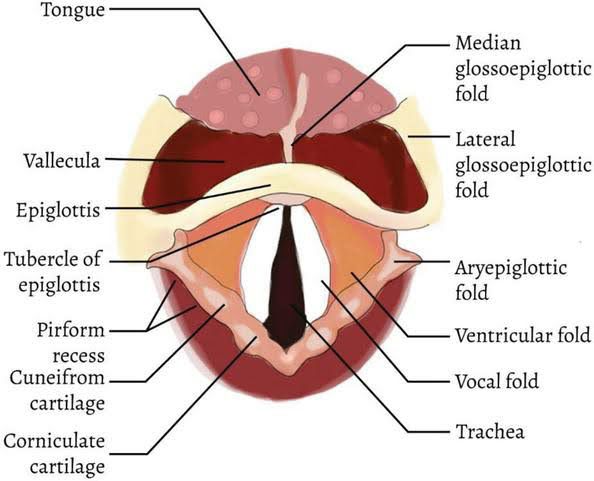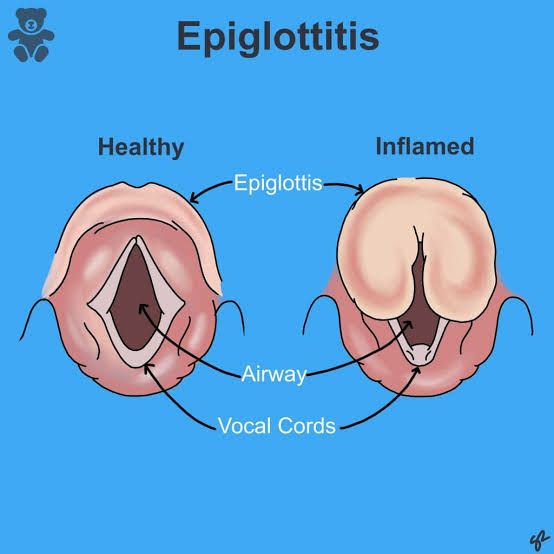
The human body is a marvel of biological engineering, and one of its lesser-known yet essential components is the epiglottis — a small, flap-like structure located in the throat. Though often overlooked, this flap plays a critical role in preventing choking and ensuring the safe passage of air and food.
What is the Epiglottis?
The epiglottis is a leaf-shaped piece of cartilage situated at the entrance of the larynx (voice box). It acts like a traffic officer in the throat, directing food into the esophagus and air into the windpipe. During breathing, the epiglottis stays upright, allowing air to flow freely into the lungs. When swallowing, it folds down to cover the windpipe, blocking food or liquid from entering the airway.

What Happens If It Fails?
If the epiglottis accidentally opens while swallowing — a phenomenon commonly experienced when “food goes down the wrong pipe” — it can result in choking, coughing, or aspiration. Aspiration is particularly dangerous, as it can cause food or liquid to enter the lungs, potentially leading to serious conditions like aspiration pneumonia.
Dr. Adebayo Aluko, an ENT specialist based in Lagos, explains:
“The epiglottis is a natural guardian of the airway. When it malfunctions or fails to close in time, it can allow substances into the respiratory tract. While the body often responds with reflex coughing to expel the material, in severe cases, this can lead to blocked airways or lung infections.”
Conditions Affecting the Epiglottis
Rarely, inflammation of the epiglottis — known as epiglottitis — can occur, often caused by bacterial infections such as Haemophilus influenzae type B (Hib). This condition is a medical emergency and can rapidly obstruct breathing.

Professional Advice and Prevention
Experts recommend the following to reduce the risk of epiglottis-related mishaps:
Eat and drink slowly. Rushing meals increases the risk of the flap not functioning properly.
Avoid talking or laughing while chewing. This can disrupt the coordination of swallowing.
Stay upright during meals. Gravity helps direct food downward into the esophagus.
Seek medical help if swallowing problems persist. Difficulty swallowing, frequent choking, or hoarseness could signal underlying issues.
Pediatricians also advise parents to ensure their children receive the Hib vaccine, which dramatically reduces the risk of epiglottitis in infants and toddlers.
Final Word
Though small and unseen, the epiglottis is a powerful protector of our respiratory system. Awareness of its function — and what to do when it falters — can make the difference between a simple cough and a life-threatening emergency.











